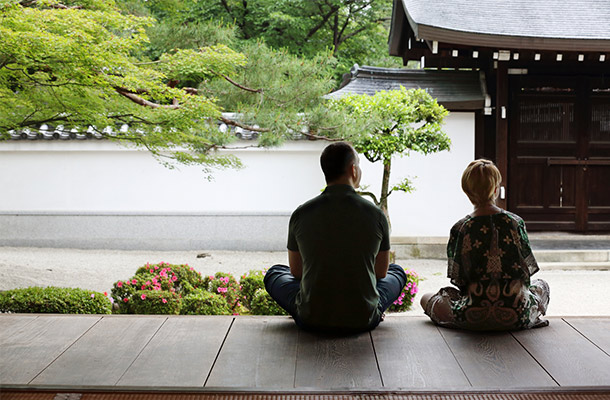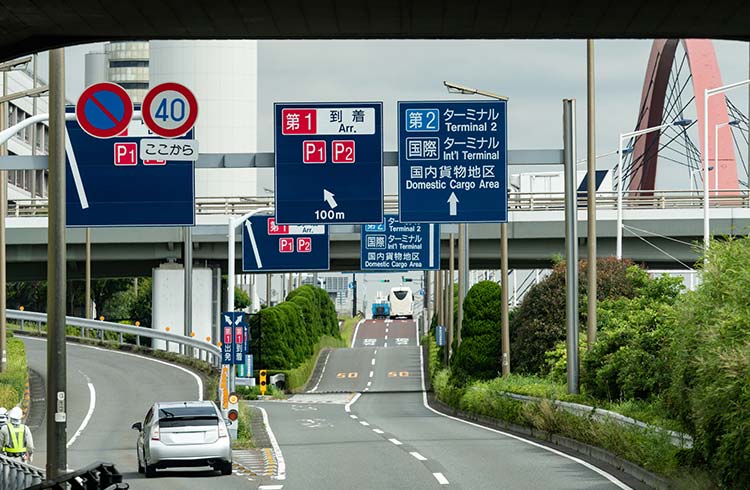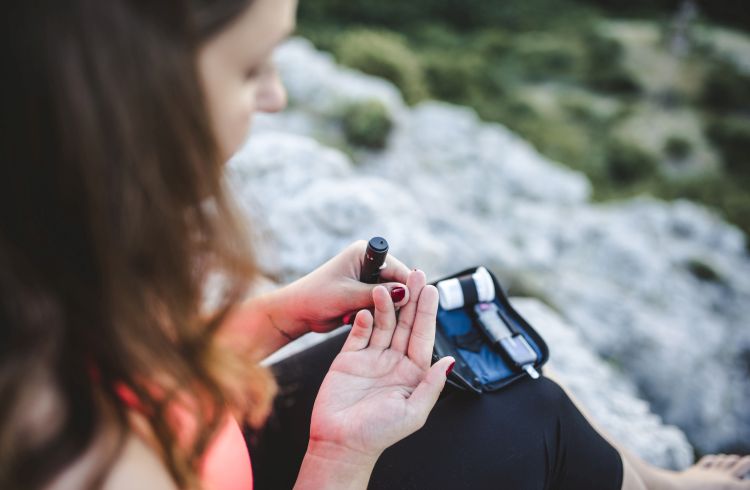Is Japan Safe? Essential Travel Tips for Visitors
Japan is one of the safest countries in the world, but you should never let your guard down. Nomad Ronan shares his top safety tips for travelers.
 Photo © iStock
Photo © iStock
Japan deserves its reputation as one of the world’s safest travel spots. But while tourists are less likely to get robbed, assaulted or scammed here than almost anywhere in the world, visitors still need to take precautions to ensure they don’t encounter trouble.
- How safe is Japan for travelers?
- Japan’s incredibly high conviction rate explained
- Yakuza (Gokudō) gangsters in Japan
- Tattoo laws in Japan
- Do I need to worry about food poisoning in Japan?
How safe is Japan?
Japan consistently ranks in the top 10 safest countries in the world, on various calculated indexes, despite many of those rankings factoring in natural disasters, which are a major issue in this country and reduce its overall standing.
Its capital, Tokyo, is gargantuan, with a metro area home to 38 million people – more than the combined populations of Australia, Singapore and New Zealand. Yet despite this extraordinary size, Tokyo placed first in the world in The Safest Cities in the World 2024, which ranks 60 major cities based on 57 indicators, including infrastructure, and personal, digital and environmental security.
Meanwhile, Japan’s second-biggest city, Osaka, has consistently been in the top five of those rankings in recent years. A key reason Japan’s cities are so safe was explained in The Economist’s report by Kimihiro Hino, associate professor in urban engineering at The University of Tokyo.
He said Japanese city dwellers tend to stay in the same neighborhood long-term, and this fosters strong communities, which have their own crime-fighting strategies. This means that, in addition to Japan’s endless CCTV cameras, vigilant residents also monitor and report suspicious activities. So, committing petty crimes such as theft or street scams is a high-risk, low-reward business in a nation where cameras, cops and citizens all are watching.
Japan's incredibly high conviction rate explained
Japan’s criminal conviction rate is famously high, at more than 99 percent. That could suggest if you’re accused of a crime while holidaying in Japan you essentially have no hope of defending this charge. But that conviction rate is very misleading.
It is only so high because many people accused of a crime never end up before a judge, as explained by Muraoka Keiichi, a Professor of Law at Hakuoh University, in an interview with Nippon.com. “Public prosecutors typically concentrate on suits where conviction is almost guaranteed, leading to the suspension of around 60 percent of criminal cases in Japan without an indictment,” he said.
Yakuza gangsters in Japan
The Yakuza, sometimes known as the Japanese Mafia, is a sprawling network of affiliated organized crime groups, with a total membership of more than 25,000 men. Enormously powerful and wealthy, the Yakuza control a large proportion of the prostitution, gambling, drug trafficking, extortion and loan sharking in Japan, and also have worldwide criminal influence.
But, realistically, there’s next to no chance of a tourist to Japan encountering a Yakuza, let alone getting into an altercation with one. Unless you’re in a red light district, or high-end nightclub or a hostess bar, and are acting in a disrespectful manner or engaging in illegal activities, you will not place yourself in a Yakuza’s orbit. Behave yourself and you need not worry about them.
Tattoo laws in Japan
What you may need to be concerned by, linked to the Yakuza, are Japan’s tattoo laws. Body ink has become increasingly common in Western countries, but it is a complicated subject in Japan, where tattoos have long carried a significant stigma.
From the late 1800s to the 1940s, tattoos were banned in Japan, and after that, they were made legal only if the ink was applied by a tattooist who held a medical license. Only in 2020 did tattooing become widely legal in Japan. Yet body art still isn’t fully accepted in Japan, due to its historical links to criminals, particularly the Yakuza, who are famous for flaunting elaborate tattoos.
Although tattoos have become more common among everyday Japanese people, for many generations they were largely the domain of gangsters. This means tattoos remain an intimidating sight in Japan. As a result, many public venues in Japan still have rules against displaying tattoos, with many pools, saunas, gyms and hot springs requiring guests cover them up. So if you’re heavily tattooed, and intend to visit such facilities on your holiday to Japan, bring long clothing or compression bandages you can wear over your ink.
Do I need to worry about food poisoning in Japan?
Food poisoning is far less of a concern for tourists to Japan than it is in many other parts of Asia. That is due to the strictness and robust enforcement of Japan’s Food Sanitation Act, which governs food quality and integrity, and the sanitary conditions required of restaurants and cafes.
Japan’s many food sanitation inspectors have the power to enter venues without notice to inspect the cleanliness of their kitchens, and to acquire food for testing. Restaurant or café diners can report instances of food poisoning to these inspectors, who will then investigate the venue. As someone with a sensitive digestive system, my stomach gets sick to some extent every time I visit Southeast Asia, yet never have I become ill across many visits to Japan.
Related articles
Simple and flexible travel insurance
You can buy at home or while traveling, and claim online from anywhere in the world. With 150+ adventure activities covered and 24/7 emergency assistance.
Get a quote


No Comments